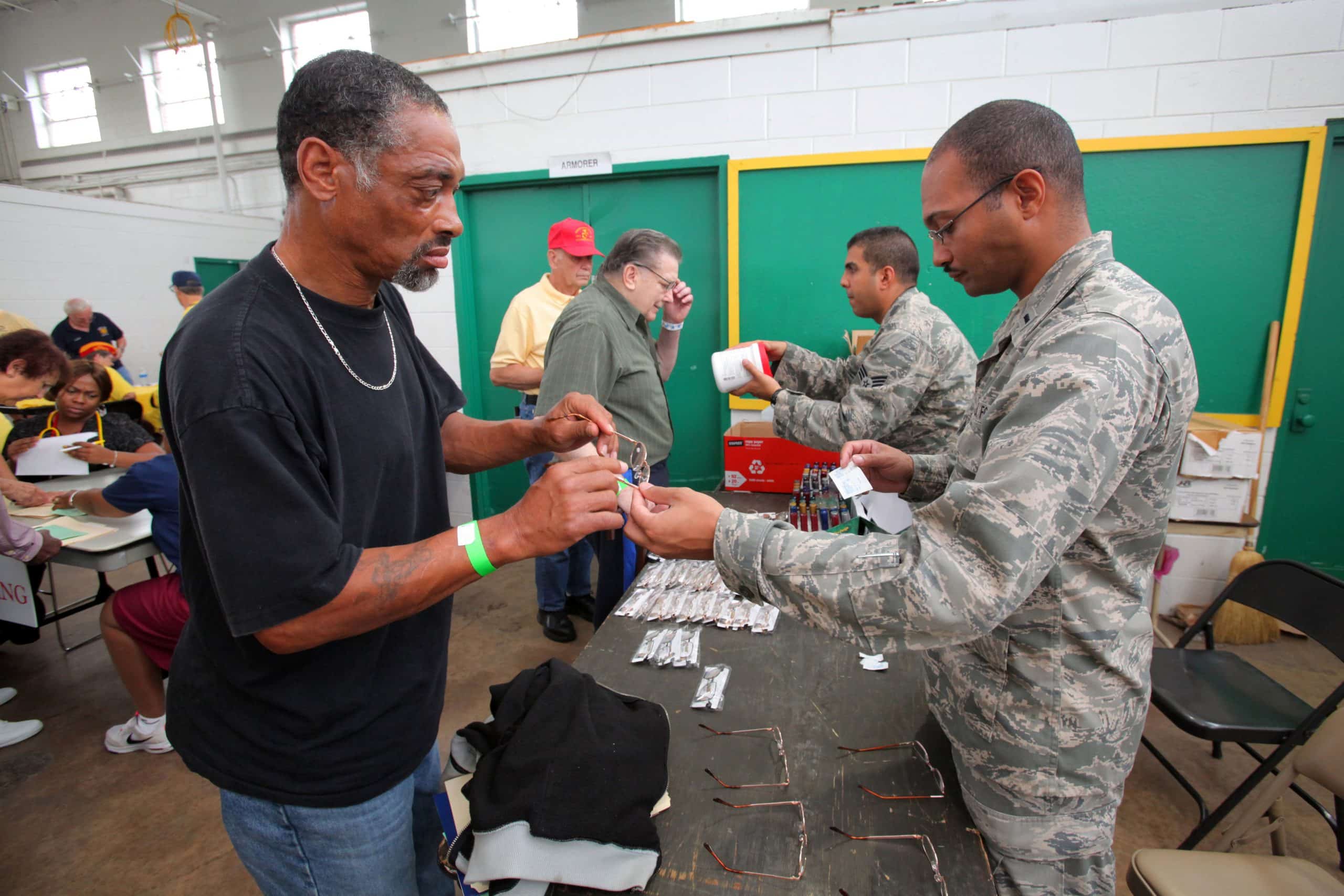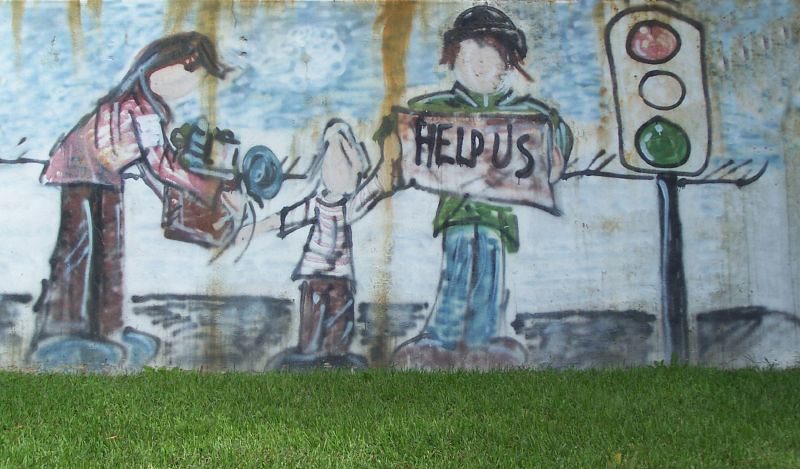Housing First, the model that says that homeless families need stable housing before they can address other problems in their lives, and which privileges things like rapid re-housing, rental assistance, and permanent housing over increased shelter capacity, has become widely regarded by many in the business as the state-of-the-art approach that will save money and have better outcomes. It got significant funding through the stimulus, and has turned out good results in many places.
But in New York, where the shelter system has a population larger than some small cities, a debate is raging over whether the shelter-to-housing pipeline should be sped up or slowed down. City Limits reports on this debate, and especially on a policy brief from the Insitute for Children, Poverty, and Homelessness that claims that rapid rehousing was creating perverse incentives, drawing people into the shelter system, and that the services to address other issues in homeless families' lives should come first to ensure successful rehousing.
The perverse incentives part seems like an argument that I would have expected more from the likes of the the Manhattan Institute than ICPH, especially, as mayoral candidate Christine Quinn points out in City Limits, shelter numbers have stayed high or increased since such programs have been canceled. I don't quite see the argument, but maybe the unexpected source means it's at least worth stopping to think about. Are Housing First programs getting more glory than they deserve?
(Photo by Kymberly Janisch, CC BY-NC-ND.)





Housing First restored the focus to housing — the only resource that ends homelessness. People in shelters are homeless. Shelters and transitional housing are very expensive and have not evidenced any effectiveness. The “housing ready” folks perpetuate an infantilizing perception and practice; it is so much easier to manage people in one location than to help them live in our neighborhoods and communities. Housing is a basic human right. The evidence of the harm of homelessness to children is staggering. NYC through Advantage did create the cliff effect with the two year subsidies; shame on them. Shame on other cities who squandered the stimulus funding by setting families up to fail. Folks in the homeless industry too often forget it is not about them — it is more convenient to case manage a family in a shelter than to directly help them find and secure a decent home and provide support and encouragement through home visits to help them building stability, become smart tenants and smart consumers.